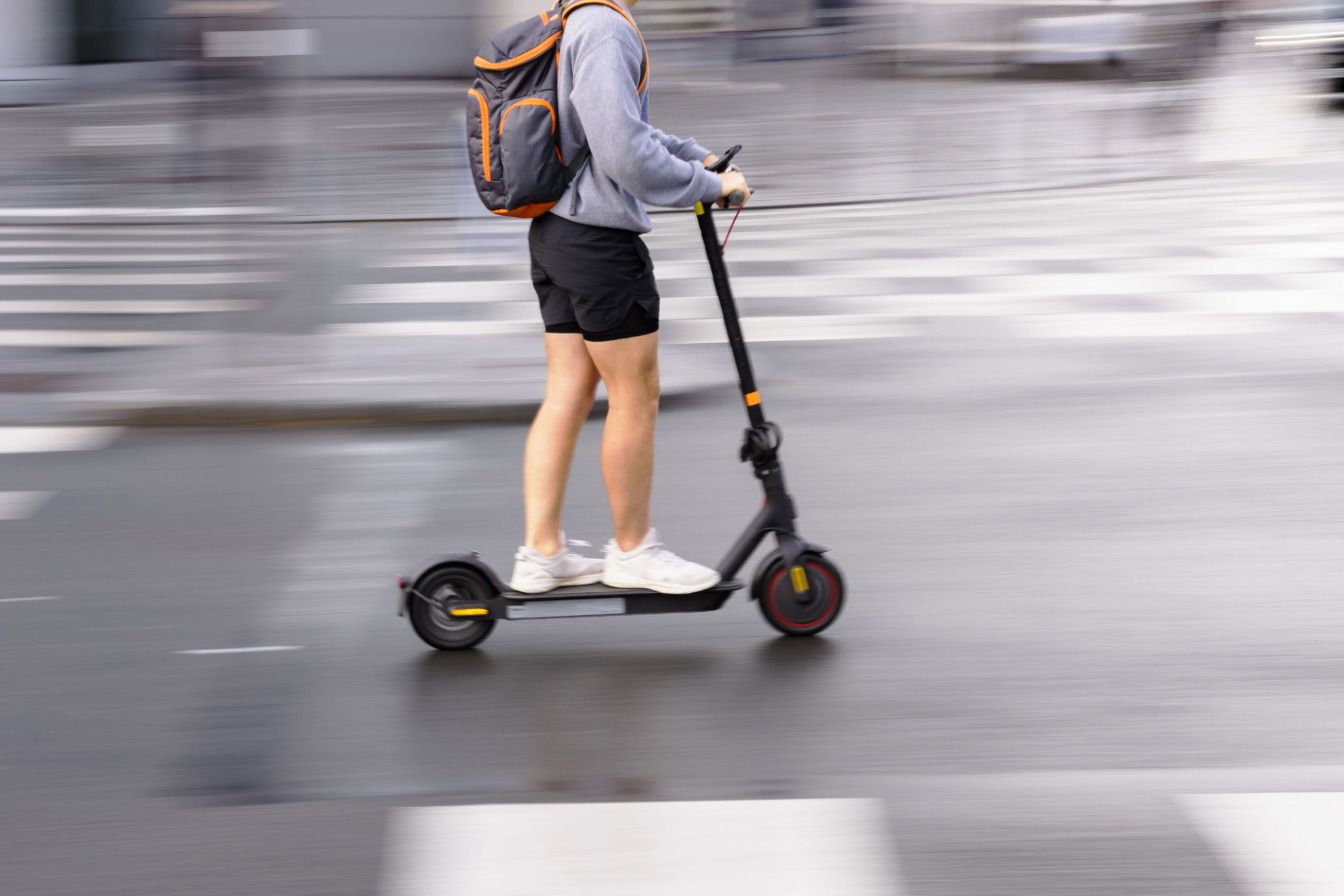Understanding Poland's Regulations for E-Scooters and E-Bikes
DT
Introduction to E-Scooter and E-Bike Regulations in Poland
With the rise in popularity of e-scooters and e-bikes across Europe, Poland has introduced specific regulations to ensure the safety and integration of these vehicles within its transport infrastructure. Understanding these regulations is crucial for both residents and visitors who wish to use these eco-friendly modes of transport.
General Rules for E-Scooters
In Poland, e-scooters are classified as vehicles, which means they are subject to traffic laws similar to those applicable to bicycles. The maximum speed for e-scooters is set at 20 km/h, and they are generally required to use bicycle paths or lanes where available. It is important for users to adhere to these speed limits to ensure safety.

Where You Can Ride
E-scooters are permitted on bicycle paths, cycle lanes, and public roads with a speed limit of up to 30 km/h if cycle paths are not available. Riding on sidewalks is prohibited, except for children under the age of 10 who are accompanied by an adult. This regulation aims to minimize accidents involving pedestrians.
Regulations for E-Bikes
E-bikes, which are bicycles equipped with an electric motor, also have specific regulations in Poland. Similar to e-scooters, e-bikes should not exceed a speed of 25 km/h. Riders must ensure that their e-bikes comply with this limit to avoid penalties.

Safety Measures and Equipment
Both e-scooter and e-bike riders are encouraged to wear helmets, although it is not mandatory. However, using front and rear lights during low visibility conditions is required by law. Reflective elements on clothing or the vehicle can further enhance safety.
Age Restrictions and Licensing
The minimum age for riding an e-scooter or an e-bike in Poland is 10 years. Riders below the age of 18 must possess a bicycle license or a moped license. This requirement ensures that younger riders have a basic understanding of road rules and safety precautions.

Parking and Storage
Proper parking is essential to prevent public pathways from being blocked. E-scooters should be parked in designated areas or, if unavailable, in a manner that does not obstruct pedestrian traffic. The introduction of fines for incorrect parking aims to maintain orderliness in public spaces.
Enforcement and Penalties
Polish authorities actively enforce these regulations to ensure compliance. Violations such as exceeding speed limits, riding on prohibited paths, or improper parking can result in fines. Regular checks and public awareness campaigns help maintain adherence to these rules.
Conclusion
Understanding and following Poland’s regulations for e-scooters and e-bikes is essential for safe and enjoyable use. By adhering to these rules, riders can contribute to a more sustainable and harmonious urban environment while ensuring their own safety and that of others. As the popularity of these vehicles continues to grow, staying informed about any updates or changes in regulations will be increasingly important.
